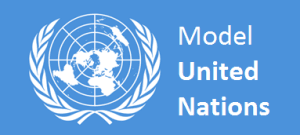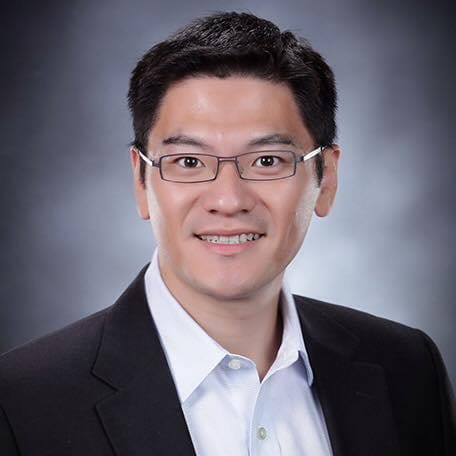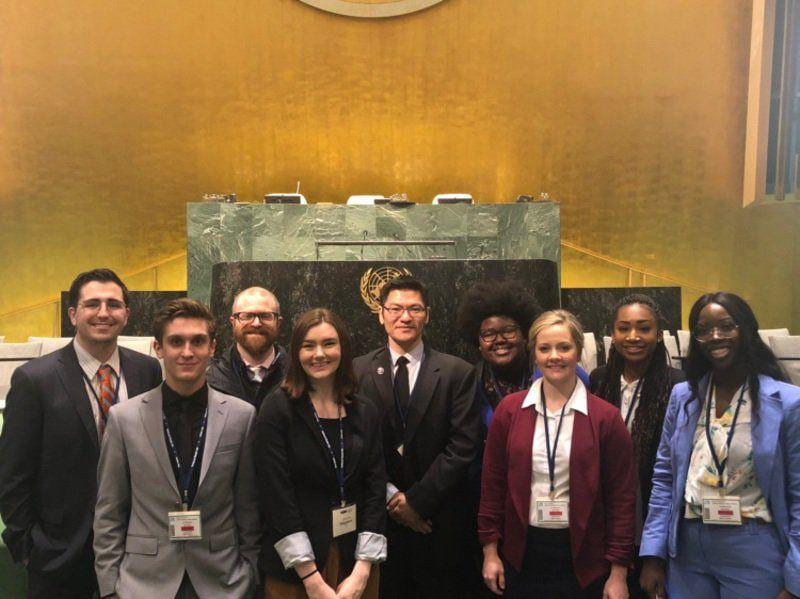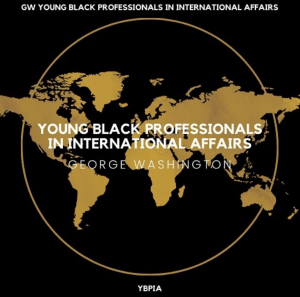Review by Nikki Hinshaw, M.A. Global Communication, ’22
Within the field of international affairs, the metaphor of the chessboard has long been utilized to explain the strategic relationships between states. In “Global Complexity: Intersection of Chessboard and Web Trends,” Anne-Marie Slaughter (2016) emphasizes the importance of viewing the field not only as a chessboard, but as a web as well.

Slaughter defines the web as “intersecting networks of people, groups, businesses, institutions, and governments.” While the chessboard assumes states are the main actors, interacting with one another through competitive actions and alliances, the web reflects the wide range of actors involved in the international system and their relationships to one another.
To support this view of the world, Slaughter provides several examples of chessboard and web trends – and how they intersect. In 2015, the largest trends on the chessboard included an increasing unpredictability with regards to international negotiations on pressing global issues, such as climate change and internet governance. Also on the chessboard was Iran as a rising power and the strengthening of the European Union. On the surface, all of these issues seem to deal with state-to-state relations and negotiations, but Slaughter also exposes a web of players that influence these overarching trends in the international system.

and current CEO of New America,
the think and action tank on American issues.
.
Mass refugee migration rose as the most prominent web trend of 2015, intersecting with the chessboard through immigration measures of the EU and various nations. The web trend of nativist populism also intersected with anti-immigrant policies operating on the chessboard. “Franchise terrorism,” where organizations such as ISIL connect separate groups under their ideologies and goals, appeared as another prominent web trend. A common thread across all of the web trends was the use of social media as a form of communication, mobilization, and advocacy.
Slaughter’s description of the international system as both a chessboard and a web helps us better understand the great power that actors such as nonprofits, media, corporations, and publics can have on foreign policy. However, as the influence of such actors has continued to grow, I believe that Slaughter’s analysis can be taken even further. Thus, I pose the question of whether distinguishing between the chessboard and the web is still necessary, or if all actors should just be examined as a part of the web?
Slaughter’s main argument for the separation of the two playing fields is that actors operating on the chessboard can choose whether to connect with others, in contrast to web trends, which only exist to extent that they are connected with others. As web trends increase in prominence on the global stage, they are now deeply intertwined with the chessboard. Thus, states do not have as much of a choice in connecting as Slaughter assumes. Such choices are influenced heavily by public pressure and the media, as was showcased through her analysis of U.S. and E.U. citizens’ concerns over privacy and technology. Slaughter notes how this web trend could be expected to affect chessboard-level government relationships between the countries.
Furthermore, I argue that the actors operating within the web, such as media, are just as relevant foreign policy decision-makers as those operating on the chessboard. This idea was demonstrated through Baum & Potter’s (2008) visual representation of the interconnected relationships between various actors and their analysis of media as decision-making elites (41, 53).
Web trends have become too influential to separate from the chessboard. Instead, all foreign policy decision-makers – whether that be publics, media, or governments – should be thought of in terms of a web of interconnected priorities and opinions that exert influence over one another in the creation of foreign policy.
Works Cited
Baum, Matthew and Philip Potter. 2008. The Relationship Between Mass Media, Public Opinion, and Foreign Policy: Toward a Theoretical Synthesis. Annual Review of Political Science, 11. 41, 53.
Slaughter, Anne-Marie. 2016. Global Complexity: Intersection of Chessboard and Web. CIDOB, 5.
The opinions expressed in this blog are those of the author. They do not express the views of the Institute for Public Diplomacy and Global Communication or the George Washington University.






